Home>Ideas and Tips>Basement Remodeling: Permit Requirements And Considerations
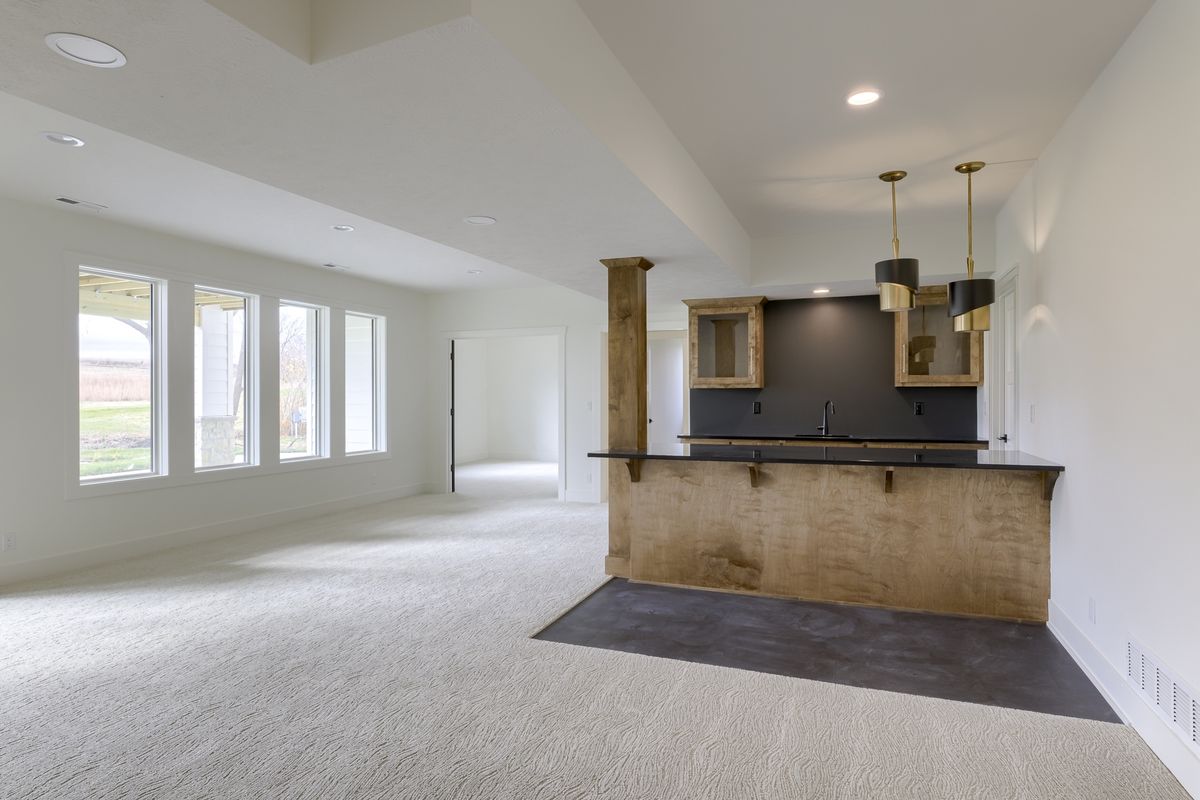

Ideas and Tips
Basement Remodeling: Permit Requirements And Considerations
Published: October 28, 2024
Learn about the essential permit requirements for basement remodeling, why they're crucial, and how to navigate the process smoothly.
(Many of the links in this article redirect to a specific reviewed product. Your purchase of these products through affiliate links helps to generate commission for Storables.com, at no extra cost. Learn more)
When it comes to basement remodeling, one of the most critical steps is obtaining the necessary permits. While it may seem like an added hassle, permits are essential for ensuring that your project complies with local building codes and regulations, thereby protecting your investment and ensuring the safety of everyone in the home. In this article, we will delve into the permit requirements for basement remodeling, the consequences of not obtaining permits, and the steps involved in obtaining them.
Permits are not just a formality; they serve several crucial purposes. Firstly, they ensure that your basement remodel adheres to the safety and health building codes set by your local government. This includes ensuring that structural changes, electrical work, and plumbing alterations are done correctly to avoid any potential hazards. Secondly, permits protect your investment by ensuring that the work is done properly. If you were to finish your basement without a permit and then decide to sell your home, you might face complications with the sale process. Many homebuyers will not purchase a home without proof that all remodeling work has been done in compliance with local building codes.
Common Improvements Needing Permits
When it comes to basement remodeling, several types of improvements typically require permits. These include:
-
Structural Changes: Any changes to the framing or load-bearing areas in your basement, such as cutting into foundation walls for egress windows or installing heavy building equipment over areas of your foundation, require a permit. These changes can compromise the structural stability of your home and potentially lead to catastrophic damage if not done correctly.
-
Electrical Changes: If you are changing the wiring in the basement, you will need a permit. This includes installing new electrical circuits or making any alterations to existing ones.
-
Plumbing Changes: Installing new plumbing fixtures or altering the drainage in the basement also requires a permit. This ensures that all plumbing work is done safely and in compliance with local codes.
-
Egress Changes: Any changes that affect egress, such as enlarging an opening or adding stairs, necessitate a permit. Egress refers to the means of exiting a building safely.
When Do You Not Need a Permit?
While many basement remodeling projects require permits, there are some exceptions:
-
Flooring Installation: Simply installing new flooring in the basement does not typically require a permit.
-
Painting or Decorating: Cosmetic changes like painting the walls or changing the decor do not need a permit.
-
Adding Lighting: If you are adding lighting fixtures and the wiring is already in place, no permit is needed.
However, it is always advisable to check with your local building department to confirm whether any specific regulations in your area might require a permit for these types of projects.
Consequences of Not Getting a Permit
Finishing your basement without a permit can lead to several significant issues:
Violations and Associated Fees
If your local building department discovers that you have completed unpermitted construction, they will likely issue a violation. This violation will remain open on your home until it is closed out, which requires an interior inspection of the basement area by a building inspector. In some cases, this violation comes with a monetary assessment, which can range from a few hundred to over $1,000.
Complications with the Sale of Your Home
Unpermitted construction can complicate the sale of your home. Many homebuyers will not purchase a property without proof that all remodeling work has been done in compliance with local building codes. This could significantly reduce the value of your property and make it harder to sell.
Insurance Coverage Problems
Unpermitted construction can also lead to insurance coverage problems. If there is an issue with the work done in your basement, such as a leak or structural damage, your insurance company may not cover it if the work was not done with proper permits.
How to Get a Permit for Finishing Your Basement
Obtaining a permit for finishing your basement is a straightforward process, but it does require some preparation and documentation:
Researching Local Building Codes and Regulations
The first step is to familiarize yourself with the building codes and regulations applicable to your area. Each municipality has its own set of rules, so it's crucial to understand them to ensure compliance. You may need to make a couple of phone calls to get an answer specific to your exact needs.
Preparing Necessary Documents and Drawings
You will need to prepare detailed plans and drawings of your project. These should include specifications, contractor information, and proof of insurance (if required). It's recommended to consult with your local building department to get a comprehensive list of requirements.
Read more: What Home Improvements Require A Permit?
Submitting the Permit Application
Once you have all the necessary documents and drawings, you can submit the permit application. Ensure that your plans and documents are properly attached and that you've included any additional supporting materials as requested. Double-check that your application is accurate and complete before submitting it.
Paying the Required Fees
Permit fees vary depending on the scope and value of your project. Ensure that you understand the fee structure and make the necessary payments promptly to avoid any additional fines or the possibility of the permit being voided.
Scheduling Inspections
During and after the remodeling process, inspections will be conducted to ensure that the work is being done in compliance with the approved plans and applicable codes. Cooperate with the inspectors and address any issues promptly. Failing to do so can result in fines.
Steps to Obtain a Building Permit
Navigating the permit process can be overwhelming, but with the right guidance, it can be manageable. Here are the essential steps to obtain a building permit:
-
Researching Local Building Codes and Regulations: Familiarize yourself with the building codes and regulations applicable to your area. Each municipality has its own set of rules, so it's crucial to understand them to ensure compliance.
-
Preparing Necessary Documents and Drawings: You will need to prepare detailed plans and drawings of your project. These should include specifications, contractor information, and proof of insurance (if required).
-
Submitting the Permit Application: Once you have all the necessary documents and drawings, you can submit the permit application. Ensure that your plans and documents are properly attached and that you've included any additional supporting materials as requested.
-
Paying the Required Fees: Permit fees vary depending on the scope and value of your project. Ensure that you understand the fee structure and make the necessary payments promptly to avoid any additional fines or the possibility of the permit being voided.
-
Scheduling Inspections: During and after the remodeling process, inspections will be conducted to ensure that the work is being done in compliance with the approved plans and applicable codes. Cooperate with the inspectors and address any issues promptly. Failing to do so can result in fines.
Can You Get a Retroactive Building Permit?
In some areas, yes, you can get a permit for a basement that was previously finished without one. Building departments refer to this as a retroactive permit. However, getting a retroactive permit requires filing for the permit, having a building inspector come in and inspect the work you had done, and getting them to sign off on the legality and safety of everything.
If you completed any part of the work such that the area is not up to code, the inspector will likely mandate that you get the issue addressed before they issue the permit. This means redoing some of the work, which will drive up the total basement finishing cost. Depending on the severity of the work that your contractor needs to redo, you could spend hundreds or thousands of dollars to bring your basement up to code retroactively.
Will My Contractor Get the Basement Finishing Permits for Me?
Most contractors will handle obtaining permits on your behalf. However, it is always a good idea to check with your local building department for specific regulations in your area. Some contractors may include permit fees in their bids while others may offer this service as an added cost.
For help with your basement finishing project, it's advisable to contact a reputable contractor who understands the permit requirements and can guide you through the process. They will typically file for permits on your behalf and ensure that all necessary documents are submitted correctly.
Conclusion
Obtaining permits for basement remodeling is crucial for ensuring compliance with local building codes and regulations. While it may seem like an added hassle, the consequences of not getting a permit can be significant, including fines, complications with the sale of your home, and insurance coverage problems. By understanding the permit requirements and following the steps outlined above, you can navigate the permit process successfully and enjoy a safe and compliant basement remodel.
Remember, it's always better to play it safe and get the necessary permits before starting any major home renovation project. For more information on permits and how to get them, contact your local building department.
Was this page helpful?
At Storables.com, we guarantee accurate and reliable information. Our content, validated by Expert Board Contributors, is crafted following stringent Editorial Policies. We're committed to providing you with well-researched, expert-backed insights for all your informational needs.
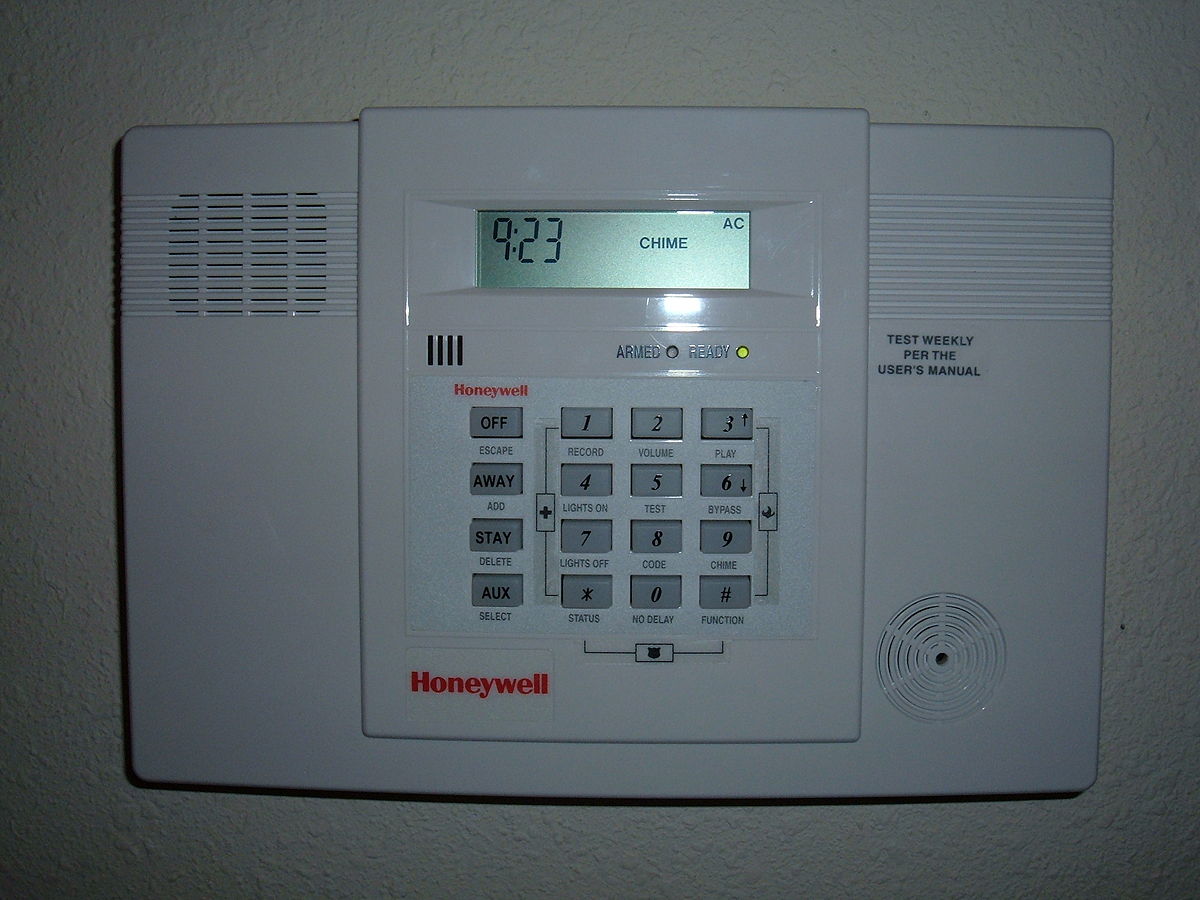




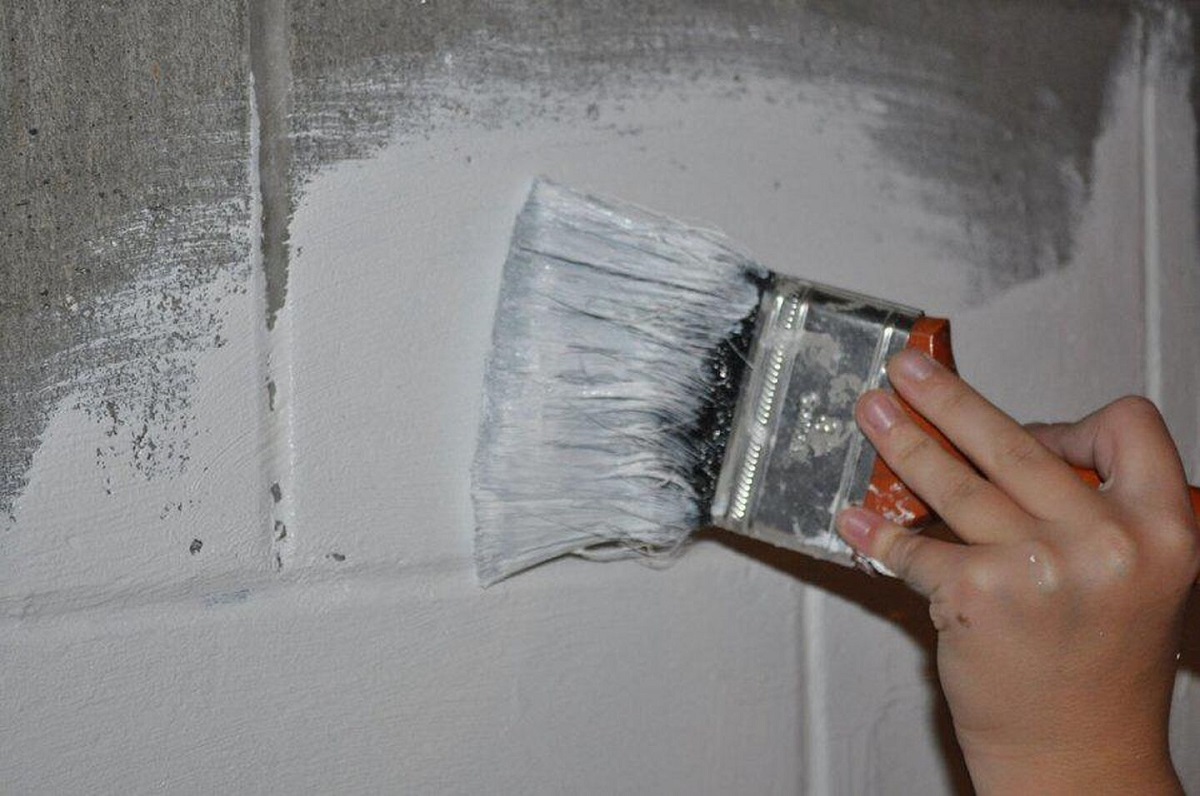
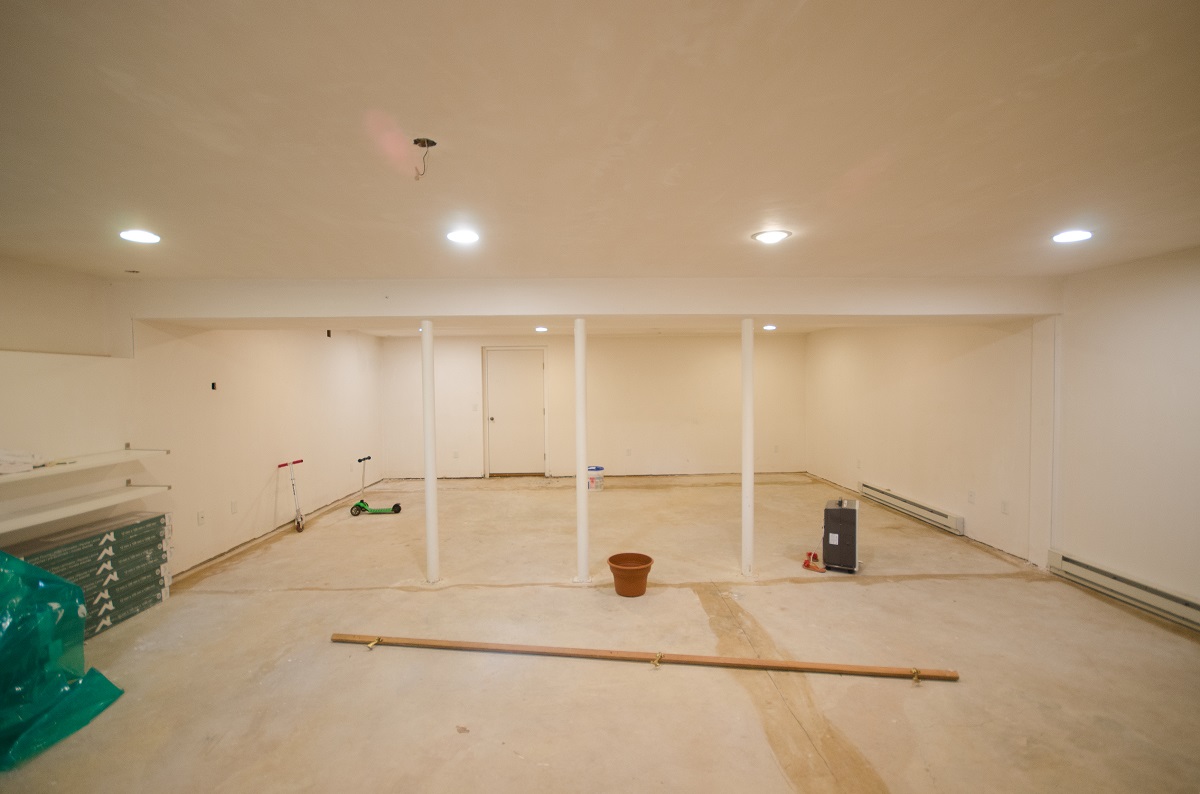
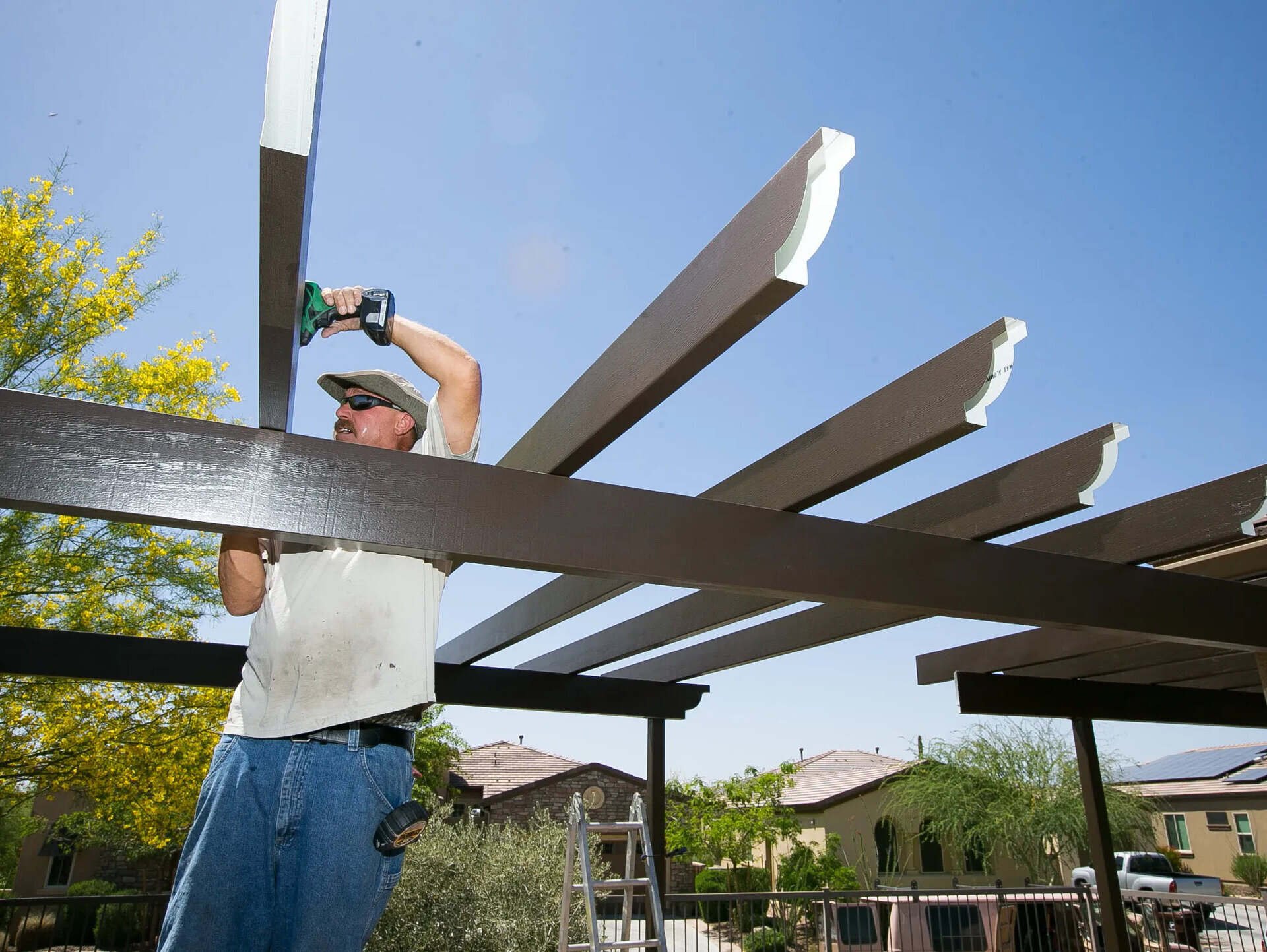
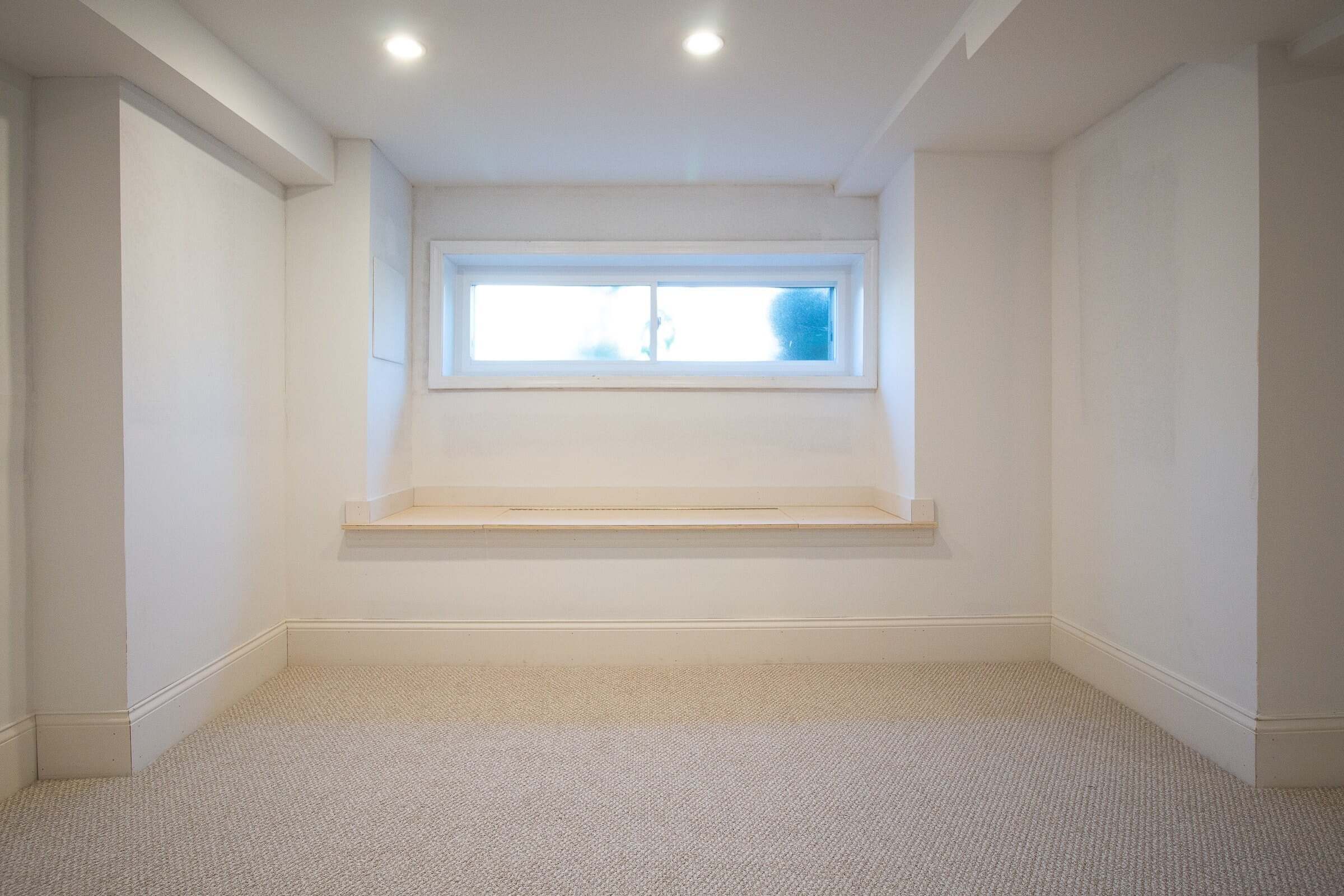




0 thoughts on “Basement Remodeling: Permit Requirements And Considerations”